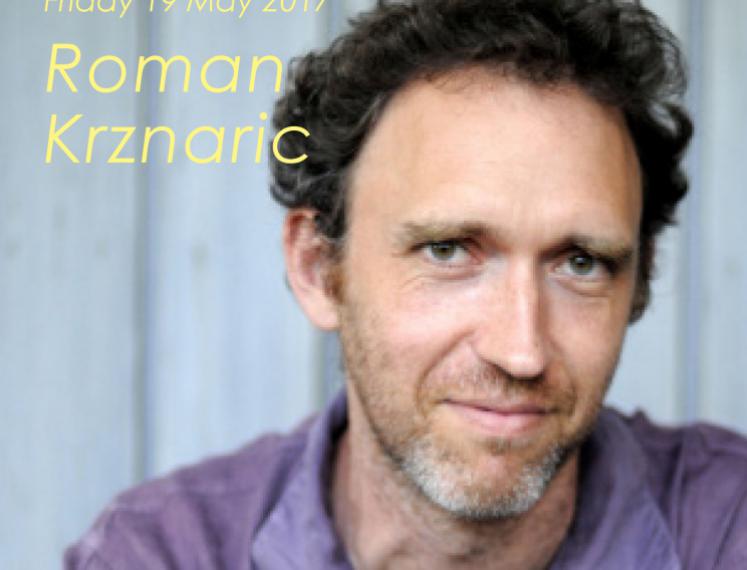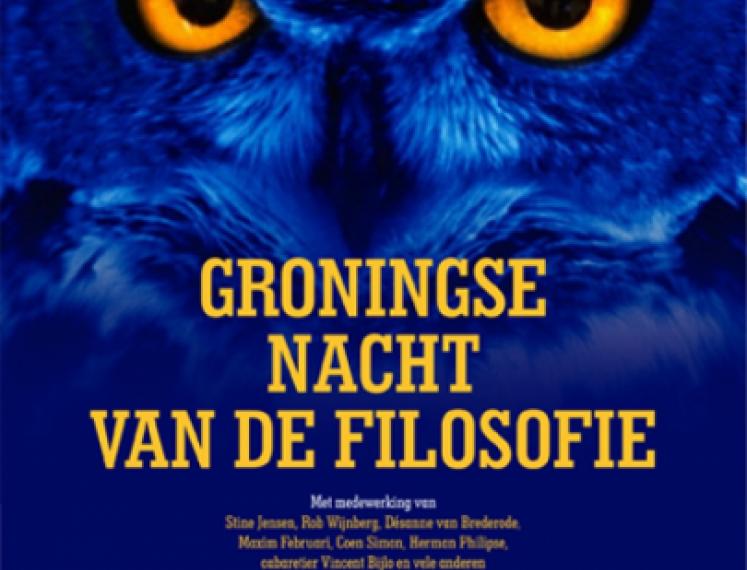Cultural Politics and Creative Cities
What has happened in the field of art? How did our cultural landscape change in the last ten years? One of the most important changes has been that the arts and other creative activities have begun to play a role in giving a new impulse to cities or regions.
Politics and economics have discovered those possibilities. In the logic of neo-liberal markets, art organizations and creative actors get a prominent role in the global struggle between cities and other ‘places to be’. Biennials, art festivals and city-marketing projects are booming now all over the world. No wonder that nearly all city administrations read Richard Florida’s eloquent analysis of creative industries.
Have these developments affected the quality of art? The answer is probably negative. In all art disciplines and in the fusion of creative industries and political contexts, good art is still made. But the optimistic story of Richard Florida has not been critically evaluated and many questions are still unanswered. How does modern cultural politics affect the artists? Do city dwellers profit? Does it enhance democracy? Do artists feel free to apply their creative energies in any direction they like? Or are they hedged around by clear ideas about the aims of the arts, be it social cohesion or economical development?
Chantal Mouffe and Michael Hardt point in their bestselling books to problematic developments in neo-liberal society. With their analyses and conclusions, they prove to be brave enough to show us that the world as it is, can be seen in another way. Or, as the novelist Robert Musil has written: ‘What is, can always be different’.
Michael Hardt is Professor of Literature at Duke University in Durham (USA). His recent writings deal with the political, legal, econonomic and social aspects of globalization. In two influential books co-written with Antonio Negri he has analyzed the functioning of the current global power structure: Empire (2000) and Multitude. War and Democracy in the Age of Empire (2004).
Chantal Mouffe is Professor of Political Theory at the Centre for the Study of Democracy at the University of Westminster in London. She has taught and researched in many universities in Europe, North America and South America and she is a corresponding member of the Collège International de Philosophie in Paris. She is the co-author with Ernesto Laclau of Hegemony and Socialist Strategy. Towards a Radical Democratic Politics (1985) and the author of The Return of the Political (1993), The Democratic Paradox (2000) and On the Political (2005).
The lectures of Chantal Mouffe and Michael Hardt are organized on the occasion of the fifth anniversary of department of Arts, Culture and Media, in collaboration with the department of Practical Philosophy and Studium Generale Groningen.


